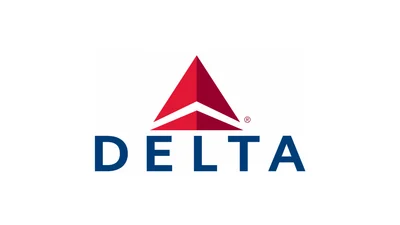This strategic move was also influenced by broader consolidation trends within the US defense industry following guidance from Pentagon leadership that suggested fewer firms would survive declining budgets after the Cold War. Lockheed Martin had already formed through a merger of Lockheed Corporation and Martin Marietta in 1995, creating a formidable competitor for major government contracts.
The integration of Boeing and McDonnell Douglas brought together two distinct corporate cultures. Traditionally engineering-driven, Boeing shifted toward prioritizing financial performance after former McDonnell Douglas executives took key roles post-merger—including Harry Stonecipher as president and later CEO. "He wanted Boeing to be 'run like a business rather than a great engineering firm,'" according to statements attributed to Stonecipher at that time.
This cultural change meant financial targets often took precedence over engineering quality controls—a departure from Boeing's previous practices where engineers played central roles in decision-making. As a result, many senior engineers left after production priorities changed.
The benefits of merging included securing one of the largest portfolios in global defense contracting. According to Defense News rankings cited in 2024, Boeing Defense, Space & Security became one of America's leading defense businesses by revenue.
However, critics argue that this focus on cost-cutting contributed to subsequent issues within Boeing’s commercial division—such as increased outsourcing and reduced investment in new aircraft designs—which culminated most notably with problems surrounding the 787 Dreamliner program and two fatal crashes involving 737 MAX jets between 2018 and 2019. In January 2024, an incident involving Alaska Airlines Flight 1282 further intensified scrutiny when a door plug detached mid-flight from a 737 MAX 9 aircraft. This prompted regulatory action by the FAA including production caps while safety concerns were addressed.
While diversification into defense helped insulate Boeing against some market volatility—especially during crises like September 11 or financial downturns—the company’s shift away from its engineering roots has been widely debated as Airbus now leads global commercial jet manufacturing since overtaking Boeing in 2023.
As summarized by observers: "While there's no doubt the merger was an integral moment in Boeing's history...many believe the overall impact was a net negative on Boeing and its primary vocation," due largely to changes introduced by former McDonnell Douglas management.
 Alerts Sign-up
Alerts Sign-up




































